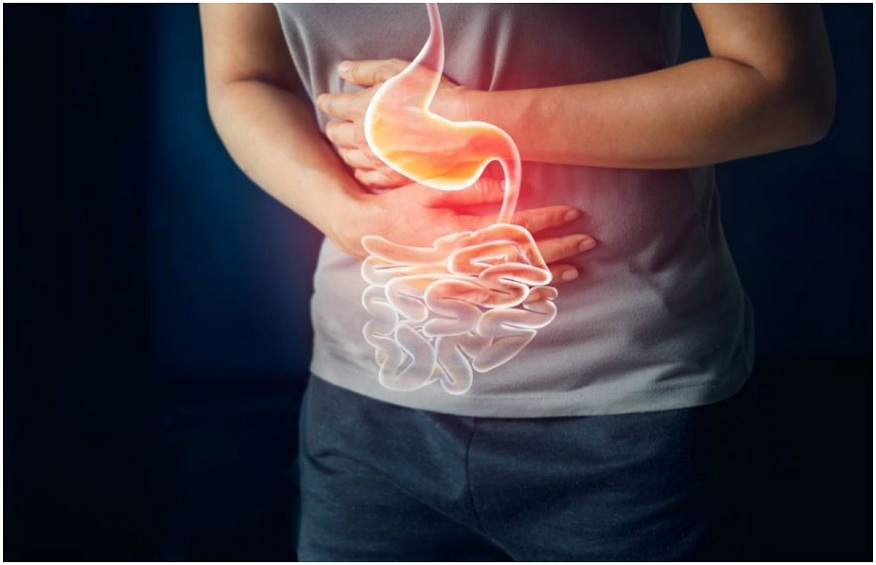Cypress abdominal pain is a common symptom that many people experience. While there are many potential causes, one factor that plays a major role in digestive health is nutrition. A gastroenterologist can provide valuable insight into the relationship between nutrition and digestive health. Here are some tips from a gastroenterologist on how to improve your digestive health through proper nutrition.
1. Eat a Balanced Diet
A balanced diet is essential for good digestive health. This means consuming a variety of nutrient-dense foods, including fruits and vegetables, lean protein sources, whole grains, and healthy fats. These foods provide the necessary nutrients and fiber to support proper digestion and prevent constipation.
2. Limit Processed Foods
Processed foods are often high in fat, sugar, and sodium, which can disrupt the digestive system. These foods are also typically low in fiber, which can lead to constipation. To maintain good digestive health, it is important to limit your intake of processed foods and choose whole, unprocessed foods instead.
3. Stay Hydrated
Drinking enough water is important for proper digestion. Water helps soften stool, making it easier to pass, and also helps flush toxins from the body.
4. Consume Probiotics
Consuming foods that contain probiotics, such as yogurt, kefir, and fermented vegetables, can help replenish the gut with beneficial bacteria. Probiotic supplements are also available, but it is important to speak with a gastroenterologist before taking any supplements.
5. Be Mindful of Food Sensitivities
Food sensitivities can lead to digestive issues such as bloating, diarrhea, and constipation. If you suspect you may have a food sensitivity, it is important to speak with a gastroenterologist to determine the cause. Common food sensitivities include gluten, dairy, and FODMAPs (fermentable oligosaccharides, disaccharides, monosaccharides, and polyols).
6. Avoid Trigger Foods
Some foods can trigger digestive issues, such as bloating, gas, and diarrhea. Common trigger foods include spicy foods, caffeine, alcohol, and high-fat foods. It is important to be mindful of your own trigger foods and limit or avoid them as needed to maintain good digestive health.
7. Eat Small, Frequent Meals
Eating large meals can put a strain on the digestive system, leading to bloating and discomfort. It is better to eat small, frequent meals throughout the day to support healthy digestion. This approach also helps keep blood sugar levels stable and may help with weight management.
Conclusion
Good nutrition is essential for maintaining good digestive health. By following these tips from a gastroenterologist, you can improve your digestive health and prevent common digestive issues such as bloating, constipation, and diarrhea. If you are experiencing digestive issues, it is important to speak with a gastroenterologist to determine the cause and receive treatment.



